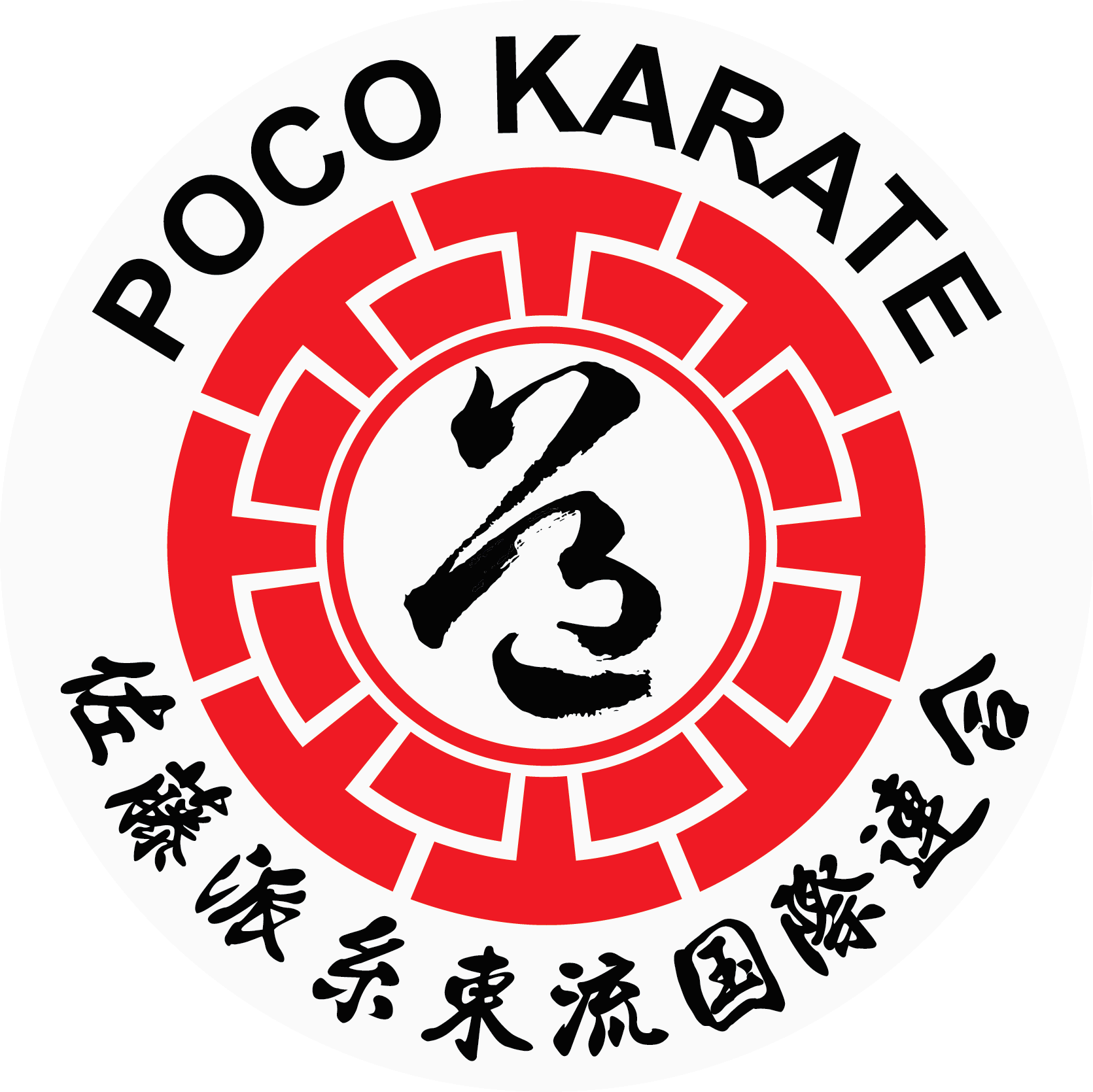How to pick a Karate Club?
- pocokarate
- Jul 24, 2022
- 3 min read
Updated: Aug 20, 2023
If you are thinking about enrolling in a Karate Club, how do you know you are making the right choice for a dojo (school)? There are a lot of factors and a lot of misinformation out there. Here's my top criteria for selecting the right Karate Club for you.
The Karate club is registered with Karate BC, the official sports body for Karate in British Columbia. Karate BC clubs are held to a high standard and are fully insured. Instructors must be certified by Karate Canada and the National Coaching Certification Program. Instructors must also have regular criminal record checks to ensure the safety of all students.
The Karate club practices a legitimate style of Karate with an authenticated lineage going back to the founders of Karate in Okinawa. Legitimate styles teach traditional katas typical to their lineage and utilize Japanese terminology for all techniques. For example, PoCo Karate is a Shito-Ryu dojo, so we teach katas from both Shuri-te and Naha-te lineages passed down from Kenwa Mabuni, the Okinawan founder of Shito-Ryu.
Does the instructor regularly invest in their own training? In the interest of bettering their club and their students' experience, an instructor must be taking continuous efforts to expand their own knowledge and abilities. This could be through participation in competitions, external training outside of their own dojo, cross training in other martial arts, or coaching course work, etc. For example, Sensei Jascha competes provincially, coaches athletes provincially, trains in 3 other dojos, trains in Kobudo regularly, and continuously takes part in coaching courses (Concussion Management hosted by Pacific Sport, NCCP Sports Nutrition, PetroCanada Sports Leadership Conference, etc)
Is the instructor's teaching style a good match for you? For example, some instructors are authoritative and domineering (A Sensei barking orders, boot-camp style), others are more patient, accepting, and encouraging (Our Sensei fits in this description). With so many teaching styles out there, a good match is difficult to determine without participation in at least a few classes. This is why it is important that you pick a club that won't lock you into long term commitments upfront, and has a refund policy if you discover that the training just isn't the right fit for you. At PoCo Karate, we offer training on a month to month basis, with no contracts, because we want students to enjoy their experience and to be genuinely motivated to continue training.
Lastly, advancement in Karate should not be easy. It requires sustained effort over an extended period of time before students are ready to grade for a new belt level. Schools that guarantee advancement in a short duration of time are problematic, and often prioritize their profits over their students' best interests. In such cases, you are simply buying a belt, but not the muscle memory, knowledge, and skill that it is supposed to represent. At PoCo Karate, students are on their own unique journey. Some students train hard and have other supportive activities in their life that help them grade sooner, others take far longer to be ready (sometimes over a year between belts). Any student that is ready, will be invited to grade under the watchful eye of an external instructor of at least 6th Dan. This is to maintain the accountability of the level of instruction provided to the student.









Comments